The World Bank
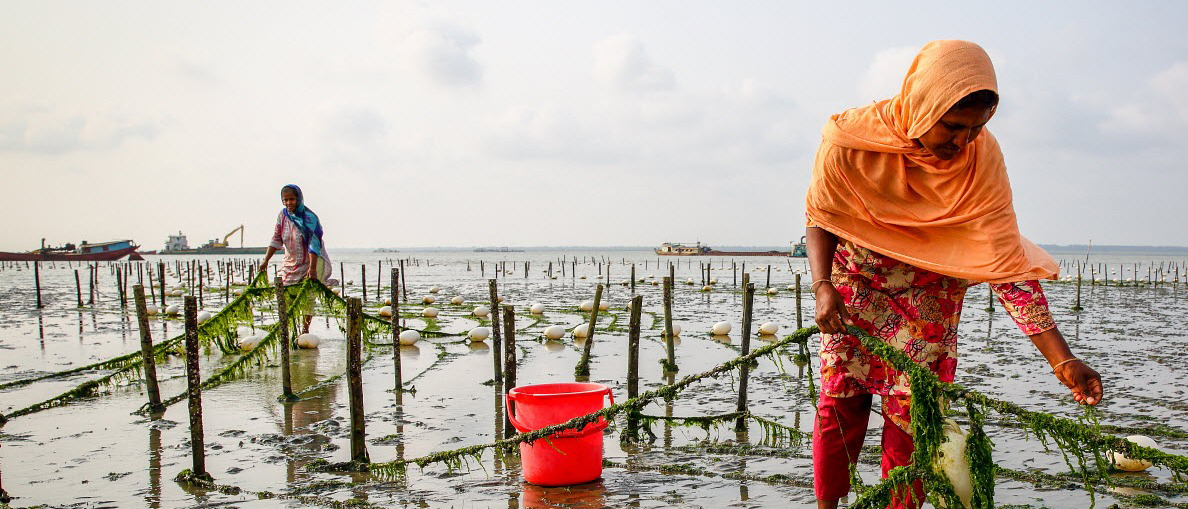
The World Bank is FAO’s largest and oldest partner, with a cooperative programme dating back to 1964. Through knowledge-sharing, policy expertise, innovation and investment support, the two partners are contributing to the World Bank’s ambitious new mission to create a world free of poverty on a livable planet.
In 2023 alone, the Centre contributed to the design of 22 World Bank-financed projects worth nearly USD 6 billion in new investment. The Centre also provided implementation support to ongoing World Bank-financed projects amounting to more than USD 43 billion.
FAO collaborates with the World Bank in key areas such as sustainable economic growth, climate-smart agriculture, irrigation, food security and nutrition, One Health, sustainable livestock systems, land tenure, agricultural risk management and digital
agriculture.
The two partners are stepping up efforts on the World Bank’s Program-for-Results, a lending mechanism that links fund disbursement directly to achievement of specific programme results.
On the policy front, the Centre works with the World Bank on agricultural strategies, sector and policy studies, public-private dialogues and capacity development activities. Topics range from decarbonizing agrifood systems to eradicating child labour in agriculture.
The two partners also continue to add to their growing body of joint investment knowledge products. This includes two major One Health studies in East Asia and the Pacific on strengthening investments in livestock health and wildlife systems, and publications on using remote-sensing for agricultural water management and climate-smart agrifood policies in Egypt, among many others.
Related links
- The World Bank
- FAO and the World Bank celebrate 60 years of collaboration
- The Word Bank Program-for-Results
Latest stories
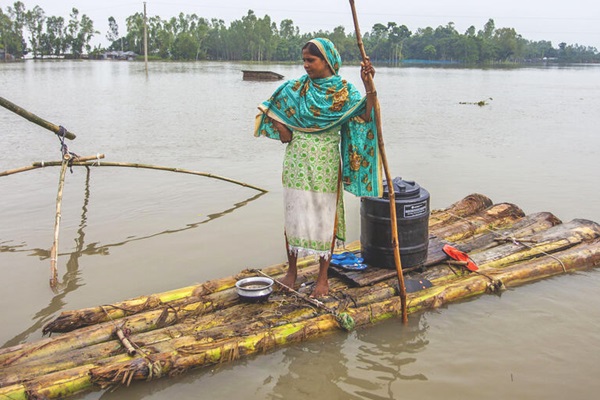
Vital investment to protect farming communities along the Jamuna River
21/06/2024
The Jamuna River in Bangladesh is one of the largest and most dynamic rivers in the world, providing a lifeline to millions of people. Yet, flooding...
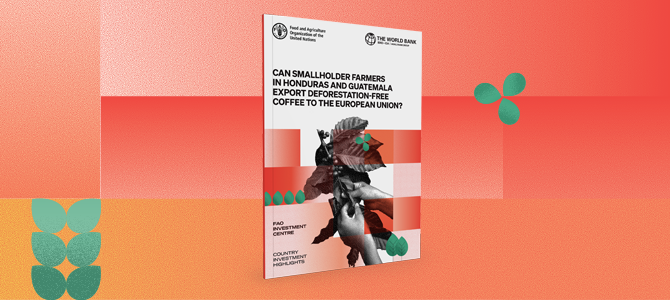
Change is brewing for sustainable EU coffee from Honduras and Guatemala
21/05/2024
The recently agreed European Union Deforestation Regulation (EUDR) is set to transform coffee production in Central America, bringing more sustainable...
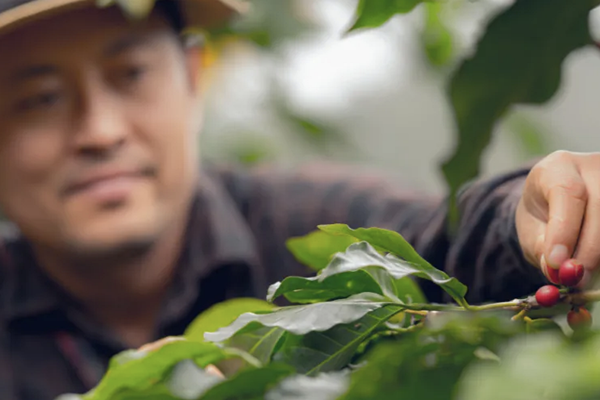
Can small farmers in Central America export coffee to the European Union?
19/01/2024
Coffee represents 14 percent and 52 percent of total agrifood exports in Guatemala and Honduras respectively, and a fifth of all exported Guatemalan...
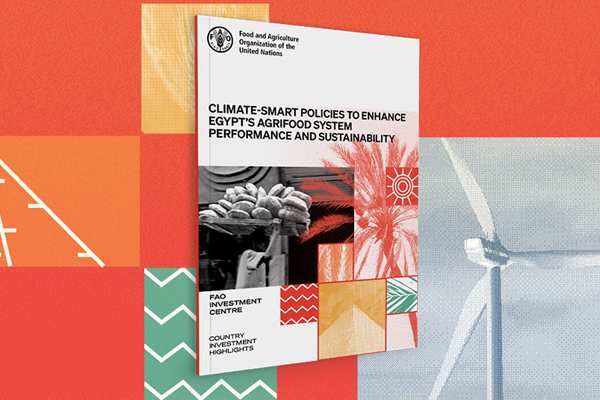
Country Investment Highlights
Redefining resilience in Egypt's agrifood future
13/12/2023
A new study from the Food and Agriculture Organization of the United Nations (FAO) Investment Centre in collaboration with the World Bank and launched...
Latest publications
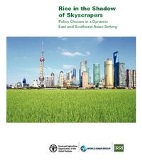
Rice in the Shadow of Skyscrapers: policy Choices in a Dynamic East and Southeast Asian Setting
01/2014
This compendium of policy notes is the result of cooperation between the Food and Agriculture Organization of the UN, The...
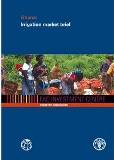
Ghana, irrigation market brief
01/2014
In Africa, more than any other sector, agribusiness has the potential to reduce poverty and drive economic growth. Agriculture accounts...
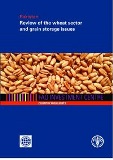
Pakistan: review of the wheat sector and grain storage issues
01/2013
Wheat is of paramount importance in Pakistan, with 80 percent of farmers growing it on a total of about 9...
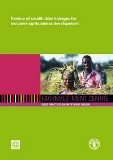
Review of smallholder linkages for inclusive agribusiness development
01/2013
The main purpose of this study is to gain insight into “collaborative business models”14 that provide opportunities for smallholder farmers...
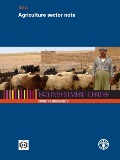
Iraq - Agriculture sector note
01/2012
This Agricultural Sector Note is based on a desk study prepared on request of the World Bank. The Note reviews...
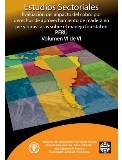
Evaluación del impacto del cobro porderechos de aprovechamiento de madera enpie y otras tasas sobre el manejo forestal en PERU Volumen VI de VI
01/2012
El presente estudio se realizó con los objetivos de conocer el valor y la composición de los pagos por madera...
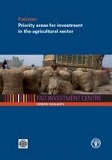
Pakistan: priority areas for investment in the agricultural sector
01/2012
Pakistan has enormous potential in agriculture, yet in the past three decades most subsectors of agriculture have remained static or...
